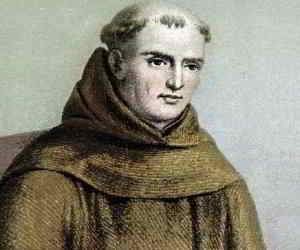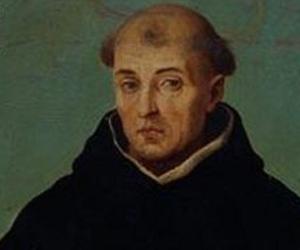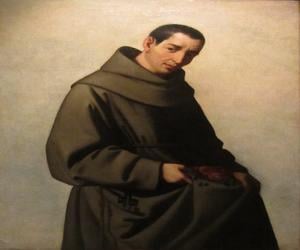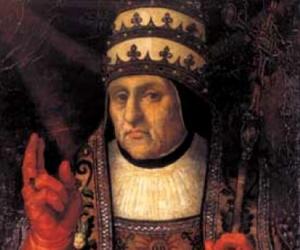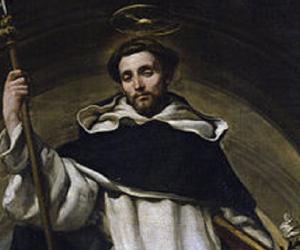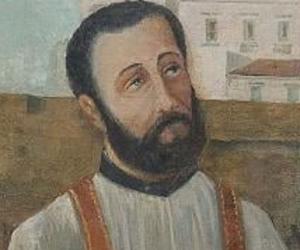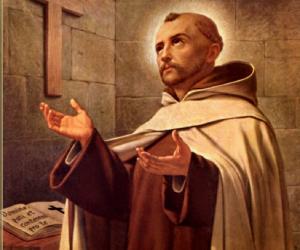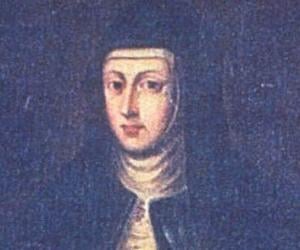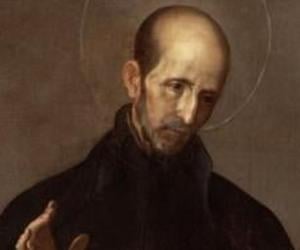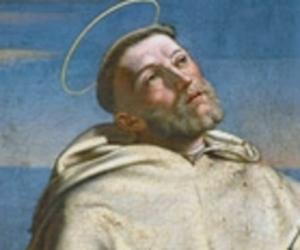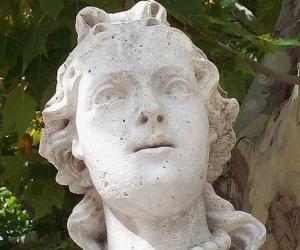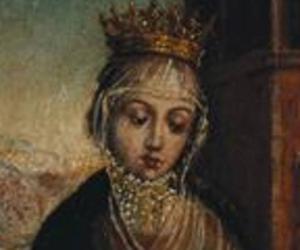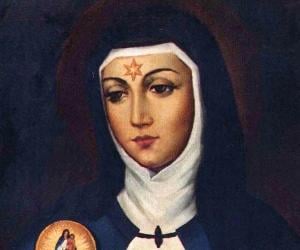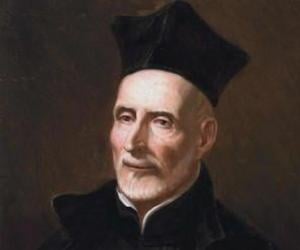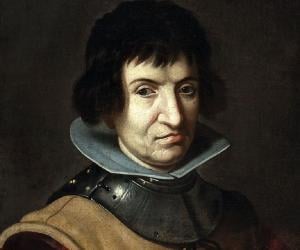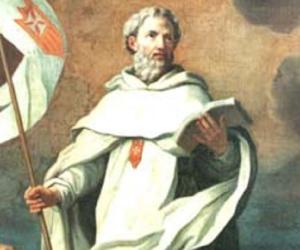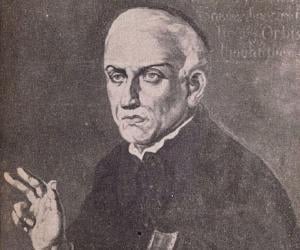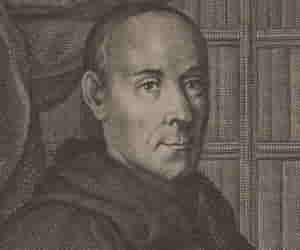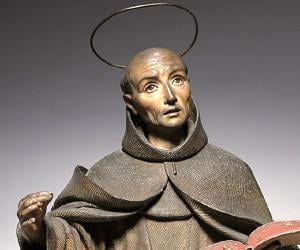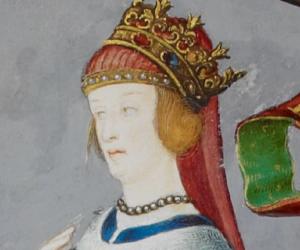1
Junípero Serra
(Spanish Roman Catholic Priest and Missionary of the Franciscan Order)
Birthdate: November 24, 1713
Sun Sign: Sagittarius
Birthplace: Petra, Spain
Died: August 28, 1784
Junípero Serra was a Spanish Catholic priest and missionary of the Franciscan Order known for establishing missions in the Sierra Gorda and California. He founded a mission in Baja California and established eight of the 21 Spanish missions in California. Serra was beatified by Pope John Paul II in 1988 and canonized by Pope Francis in 2015. He is recognized as the "Apostle of California" for his missionary efforts, although his legacy has been controversial due to accusations of forced conversions and mistreatment of Native American converts.
